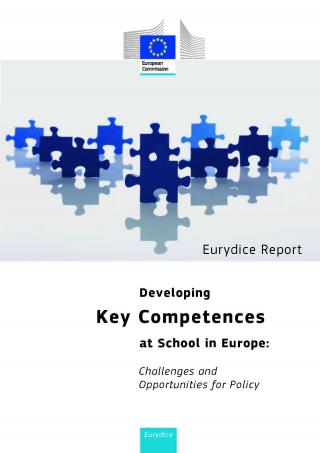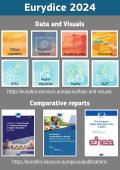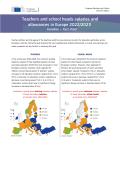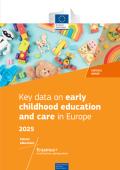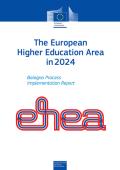Developing Key Competences at School in Europe: Challenges and Opportunities for Policy
Developing Key Competences at School in Europe: Challenges and Opportunities for Policy
Full version BG DE EL EN ES FR HR IT LV MK PL RO SR TR
Highlights BG CS DE EN ES FI FR HR IS IT LT LV PL RO SK SL SV TR
Country descriptions: ![]() zip file
zip file
Description:
This report reviews national policies for the development of key competences at school in Europe. It acknowledges the progress made so far in implementing the key competences approach and discusses several policy challenges that are directly linked to the contribution of education and training to meeting changing skills demands: tackling low achievement in reading, mathematics and science; increasing the number of mathematics science and technology graduates, and further support for the acquisition of transversal competences such as IT skills, entrepreneurship and civics.
The report covers 31 European countries (EU Member States, Croatia, Iceland, Norway, and Türkiye) and takes the reference year 2011/12. Information covers compulsory and secondary general education.
European Commission Press release
Contents:
Chapter 1: How to Do Countries support the Development of Key Competences?
Chapter 2: How do Countries Implement the New Competence-Based Curricula?
Chapter 3: How do Countries Assess Students in Key Competences?
Chapter 4: How do Countries Tackle low Achievement in Schools?
Chapter 5: How do Countries Encourage Young People to pursue Further Study and Careers in Mathematics, Science and Technology?


